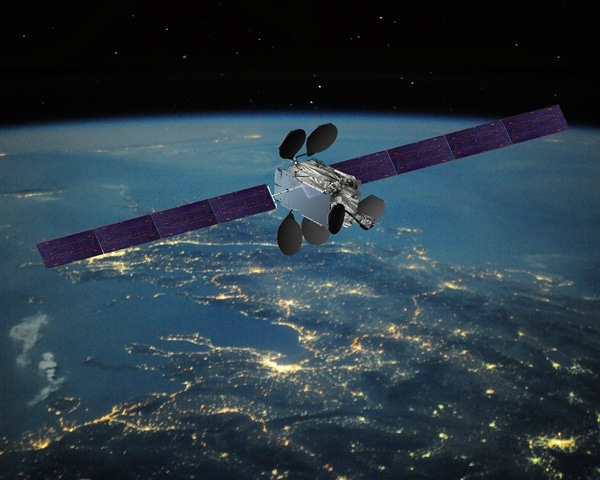Two major European operators this week detailed plans to use satellite connectivity to cover difficult-to-reach customers.
October 11, 2021

Two major European operators this week detailed plans to use satellite connectivity to cover difficult-to-reach customers.
TIM has gone live with a satellite broadband service for new customers who live in parts of Italy that are not yet covered by its fixed broadband or ultrabroadband networks. The TIM Super Sat service uses Eutelsat, and provides speeds of up to 100 Mbps downlink and 5 Mbps up.
Those kinds of speeds are unlikely to set anyone’s world alight, but for just under €50 per month, that’s not a bad offer for people without an existing fast broadband service.
TIM’s €49.90 per month tariff includes €240 in standard installation – that’s €10 per month spread over 24 months – and another €240 for the cost of the satellite equipment, although that figure is billed at €5 per month over four years. This is clearly not a stop-gap measure service…or not a short-term one, at least.
Nonetheless, with the satellite service available to “almost the entire country,” it is ticking a lot of coverage boxes for the Italian incumbent.
Further north, Deutsche Telekom aims to follow suit before the end of the year.
The German operator has just announced a distribution deal of its own with Eutelsat with a view to selling Eutelsat Konnect high-speed broadband Internet offers to “households in Germany with limited Internet connection.”
It sounds like a fairly straightforward distribution agreement at the moment, but the two companies also plan to discuss extending their partnership to enable Deutsche Telekom to offer its own products over Eutelsat’s infrastructure in future. In addition, Deutsche Telekom points out that the pair are already working together to restore connectivity in areas hit by the floods in July. They have hooked up a WLAN point in the city of Heimerzheim to provide free Internet access to residents and relief workers and are piloting an initial deployment of of satellite-based broadband there.
Like most telcos, Deutsche Telekom has areas that are difficult to cover economically, hence the move to satellite. But given that it made a fairly slow start in rolling out full fibre, the operator is choosing its words carefully when it comes to talking up the satellite deal.
“Our fiber roll-out remains one of the key building blocks for digitization in Germany. In the coming years, Telekom will make a massive contribution to further increasing the number of fiber connections for households and companies in Germany,” said André Almeida, Managing Director Private Customers at Telekom Deutschland, DT’s domestic arm. “The cooperation with Eutelsat is a perfect complement of our portfolio in the coming years to offer highspeed broadband via satellite in regions where we have no high speed currently and for remote areas,” he said.
“Following the agreements with Orange in France and TIM in Italy, this is another significant milestone strengthening our go-to-market strategy in a third major market in Europe,” added Eutelsat CEO Rodolphe Belmer.
“This type of agreement illustrates the confidence of major telecommunications operators in our offer; it further highlights the relevance of satellite as a cost-effective and reliable infrastructure, enabling them to extend their reach beyond the scope of terrestrial networks and assure ubiquitous coverage of a territory,” Belmer said.
Couldn’t have put it better ourselves.
About the Author(s)
You May Also Like







.png?width=300&auto=webp&quality=80&disable=upscale)

.png?width=300&auto=webp&quality=80&disable=upscale)
_1.jpg?width=300&auto=webp&quality=80&disable=upscale)



.png?width=800&auto=webp&quality=80&disable=upscale)